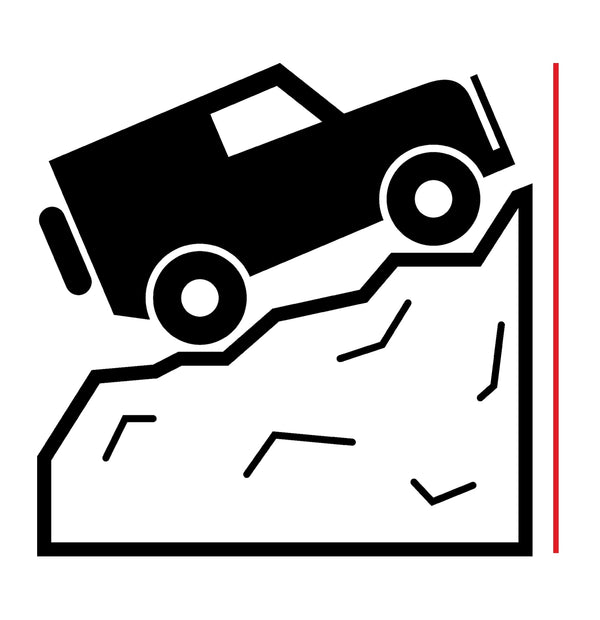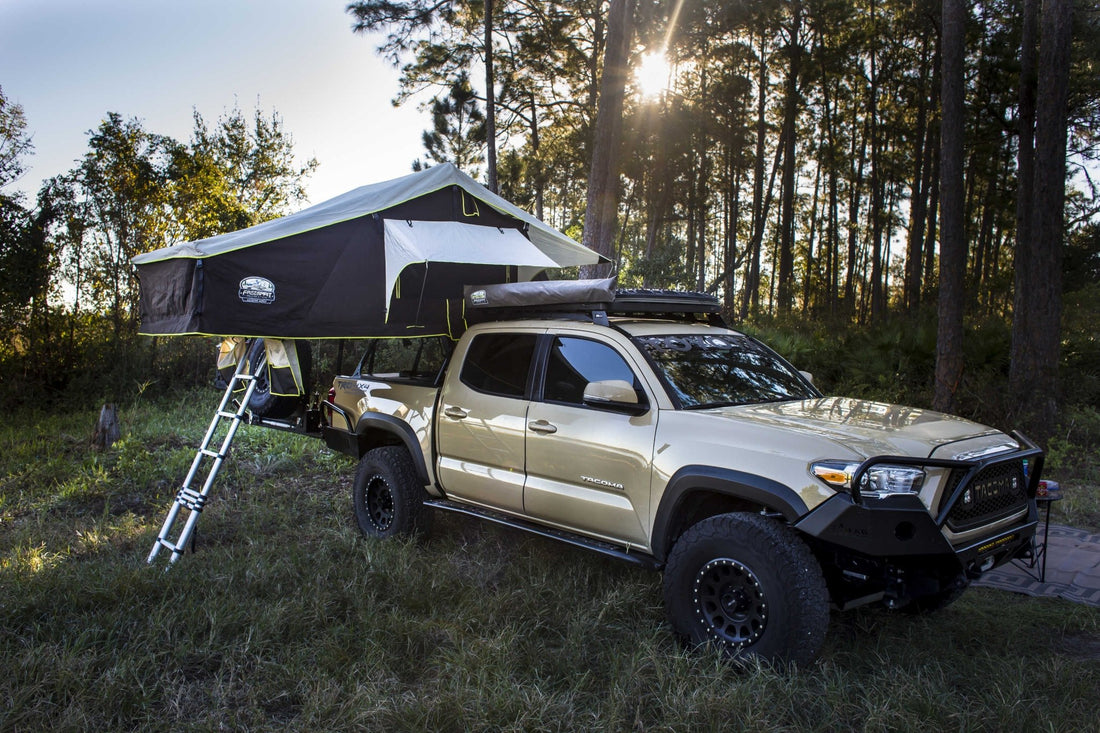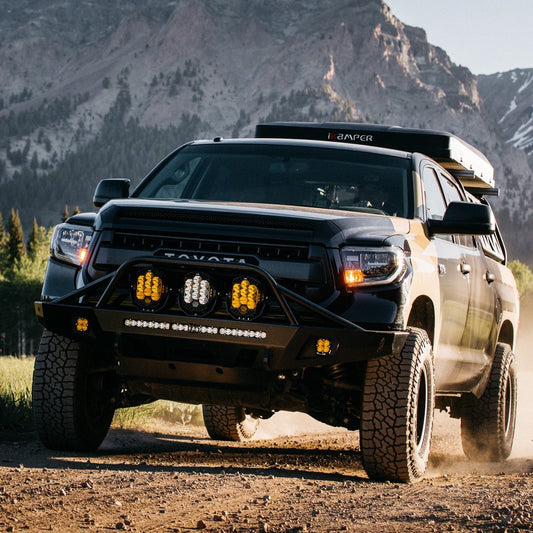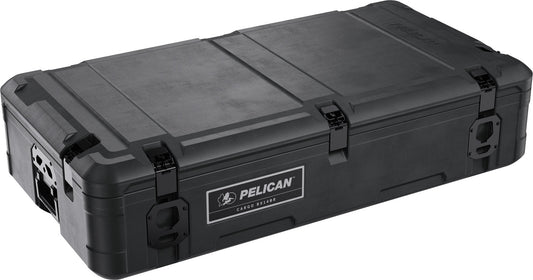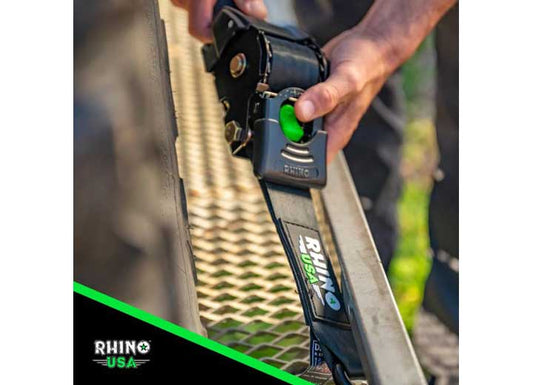
What Is Overlanding?
Overlanding is the term given to self-reliant adventure traveling. This is done in remote destinations. The actual journey is the goal or purpose of the entire experience. Often, the adventure is done via bicycle, it may also be done in vehicles, however, it's important to keep in mind that the entire adventure is camping. It may last for several weeks to several years depending on the specific journey and friends or family are often along for the trip.
Keep in mind that overland travel isn't the same as simply going out and four-wheeling, it is much more than that. It's a trip with the purpose of the travel to include a remote location and a different culture. It may be an exploration or simply something that is done to prove to oneself that it can be done. It's more than an overnight hike, it's typically at least one or two weeks yet often as many as several years.
The main purpose is to have an exploration and adventure while traveling to a specific (or non-specific) destination.
If the route is particularly challenging or remote, it may only be for a few days. It requires detailed planning and the environment and geography must all be considered.
Navigation is often done via GPS and then maps are used on the trip. The entire route is well documented and thought out prior to the adventure. Only remote or established campsites will be used. There is nothing modern about this so forget glamping.
It may involve some risk as to safety if the equipment is required such as mountain climbing gear or veering off the typical beaten path. Trails may be challenging and proper footwear will be required at all times.
Good examples of such a trip would be hiking the trails in Moab, Utah such as Dusy Ershim or other long routes that require both endurance and much preparation.
Such adventures have increased since the 1980s and there are many well-established routes and terrains that are all designed for such adventurers.
It takes a lot of preparation to embark on such a trip. Not only the route and navigation must be thought out, food and water must also be considered. Will food be brought along? How will travelers carry large amounts of food if they are embarking on such a trip for a long period of time?
Will they find their food hunting and fishing? Or will they stop in along the way and do some shopping? What about dehydrated foods? All of these things must be answered prior to embarking on the trip.
Keep in mind that not all camping in this nature is actually such an adventure. If you desire to go overlanding, be sure that you learn more about it and find a safe route and someone to go with you. Always let someone know where you're going to be and have specific check-in times so that others know you're safe. This way, if you need help, they will know where to start looking. Always be safe while you are overlanding, find your way!
